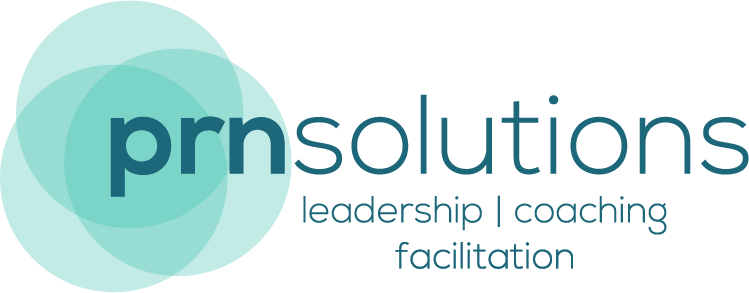
Leadership Development Program Samples
Through a combination of Self Assessments, Behavioral Simulations, and Experiential Training, our Leadership Perspectives Program can offer a variety of content to meet the needs of any organization. Courses range in length from four hours to five days.
The following are examples of some of the many components/courses that PRN Solutions offers. Talk to us about your specific needs.
LEADERSHIP
WHAT IS LEADERSHIP?
WHAT ARE THE DIFFERENCES BETWEEN LEADERSHIP AND MANAGEMENT
Explore the difficult balance between leadership and management. Examine the needs of your employees as it relates to leadership styles.
MOTIVATION
WHAT MOTIVATES YOU?
Using Relationship Theory as a context, examine questions of motivation and learn how the underlying roots of motivation can dramatically vary from person to person. Gain valuable insight about yourself and co-workers.
CHANGE MANAGEMENT
HOW DO YOU COPE WITH CHANGE?
Using the Dynamics of Change model, learn how individuals react differently to change. Understand how you react and adapt to change. Learn to effectively lead people through change.
ADAPTABILITY
WHY DO SOME INTERPERSONAL RELATIONSHIPS WORK AND OTHERS DON’T?
Examine the importance of adaptability and flexibility in our every day changing environment. Learn why people react the way they do so that you make purposeful choices and improve your interpersonal relationships.
CONFLICT
WHAT IS CONFLICT?
WHAT ARE THE CAUSES OF CONFLICT?
Examine these questions as they relate to the workplace. Learn how to deal with unhealthy conflict. Learn to deal with conflict through healthy debate. Learn how to prevent the unnecessary escalation of conflict.
COACHING
HOW CAN COACHING HELP YOU?
Learn a proven method of coaching, your preferences regarding coaching and ways to meet the needs of your employees in order to facilitate growth and development.
ADVANCED COACHING
HOW DO I MANAGE AN ATTITUDE PROBLEM?
WHEN SHOULD I COACH AND WHEN SHOULD I FIRE?
Learn advanced coaching techniques to help you to develop more efficient and purposeful questioning and listening skills. Provide confidence, responsibility and ownership in tough coaching scenarios.
MEETING FACILITATION
HOW CAN YOU CONDUCT A MORE EFFECTIVE MEETING?
Examine various strategies available to help you to conduct better meetings. These strategies will help you to develop creativity, solve problems, capture good ideas and improve the overall effectiveness of your meetings.
TRUST
WHAT IS TRUST?
HOW IS TRUST IMPORTANT IN THE WORKPLACE?
HOW IS TRUST ERODED?
Using guiding principles, challenge existing assumptions and formulate specific action steps to build an environment of trust and engagement.
STRATEGIC PLANNING
HOW CAN YOU STRATEGICALLY PLAN MORE EFFECTIVELY?
In a workshop format and using a highly facilitative approach, explore the effective, practical and well-researched application of the Balanced Scorecard.











